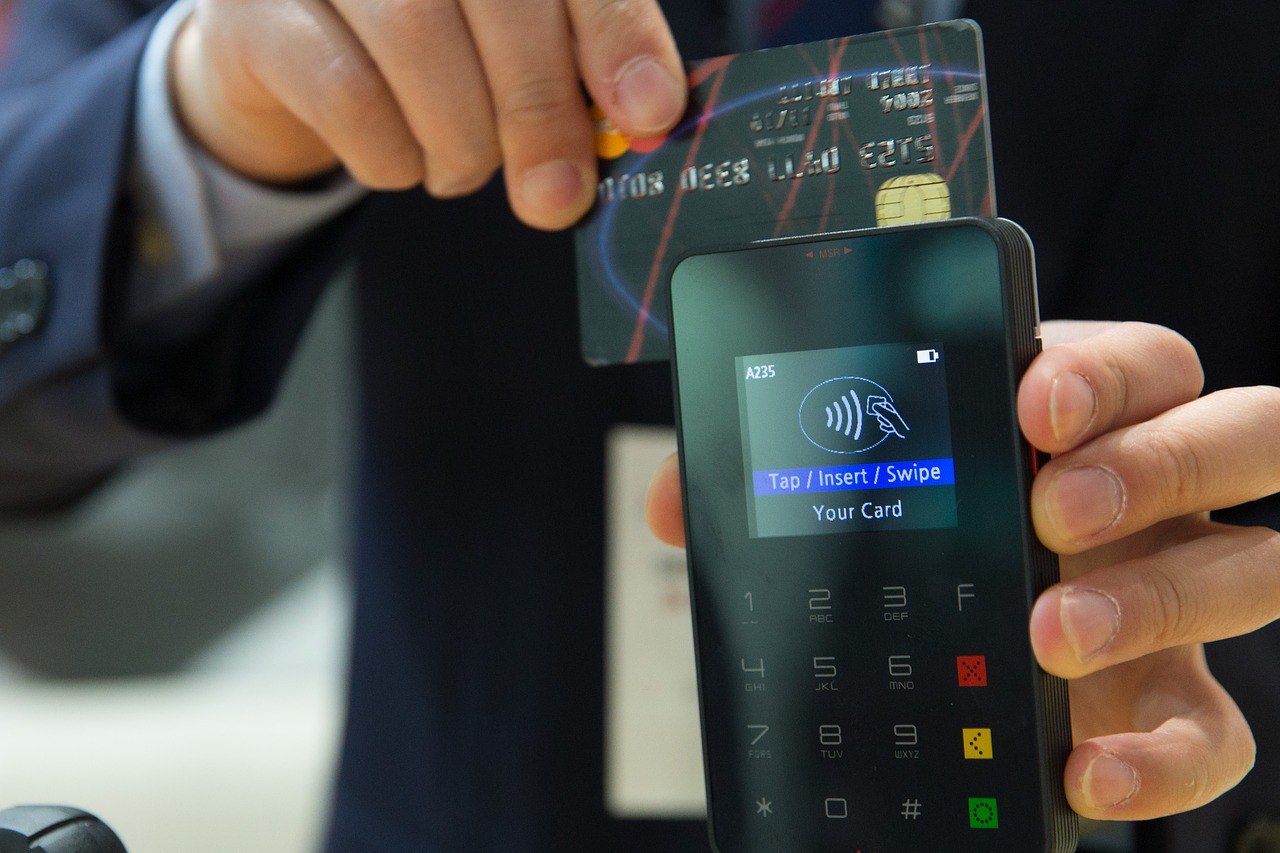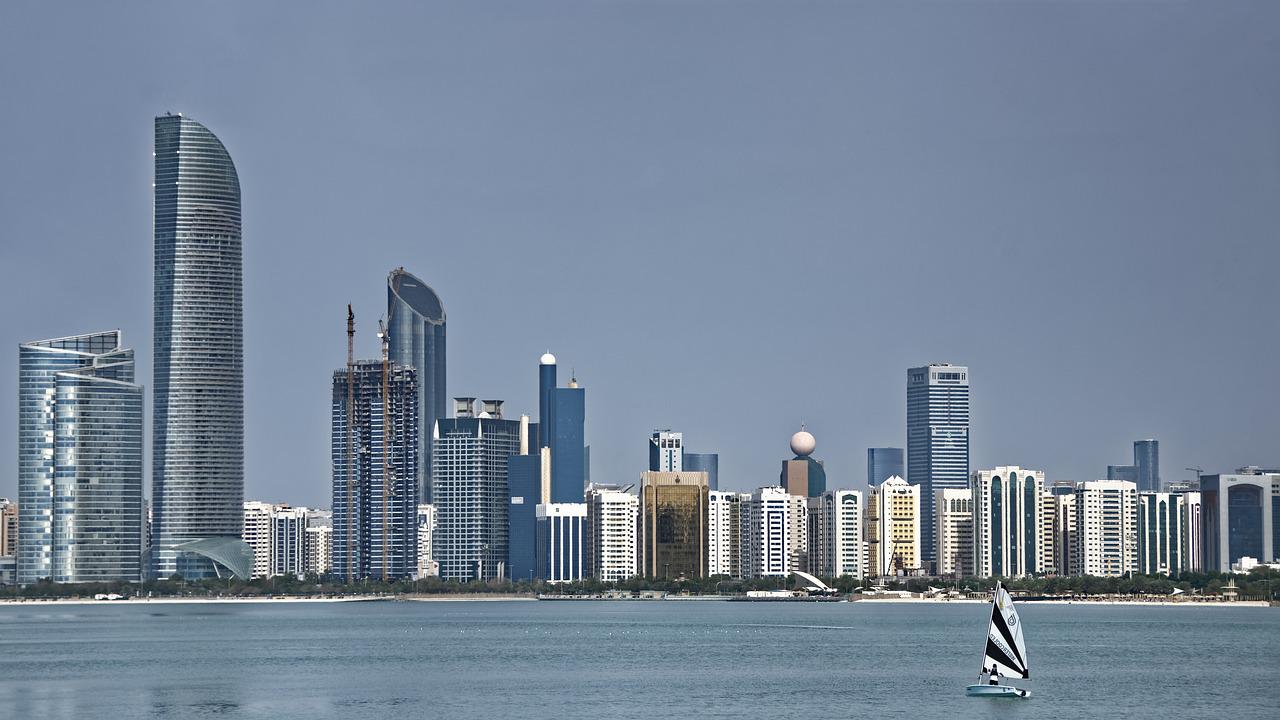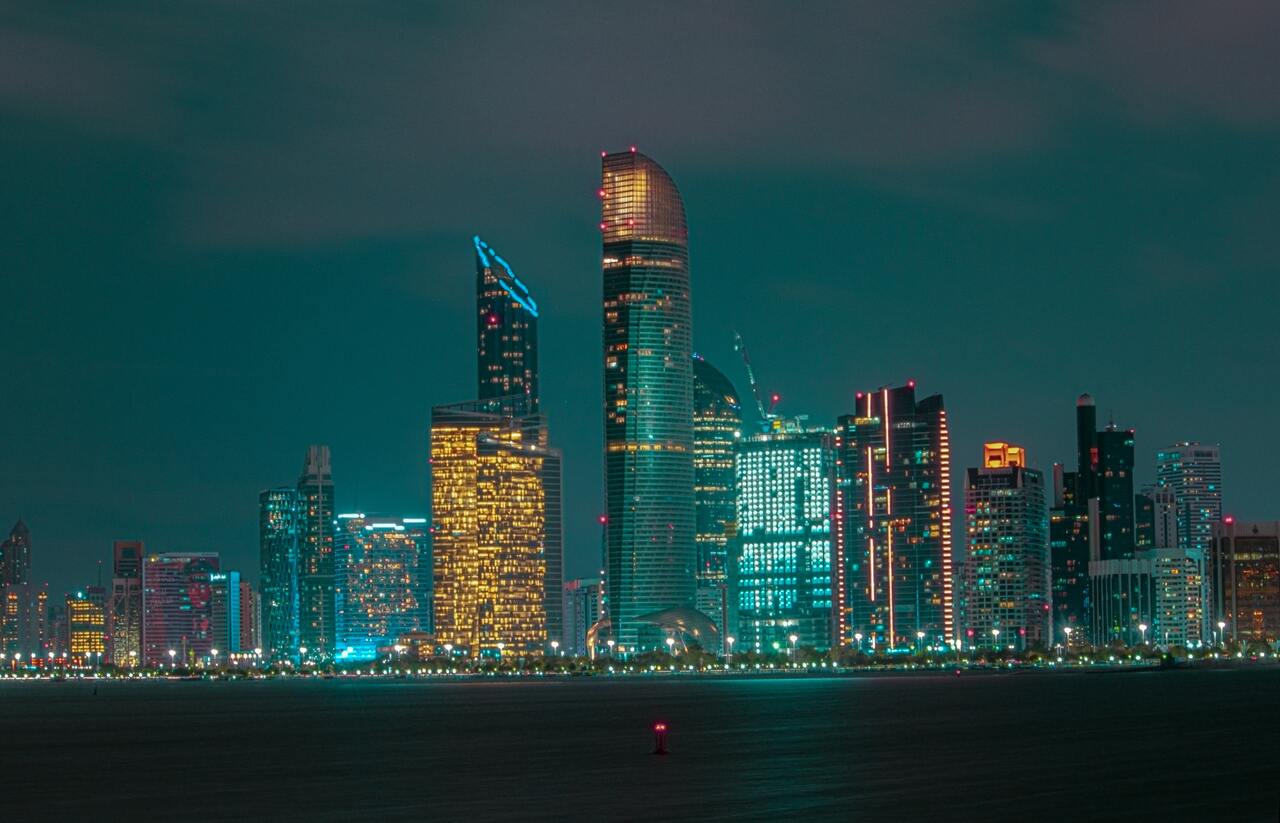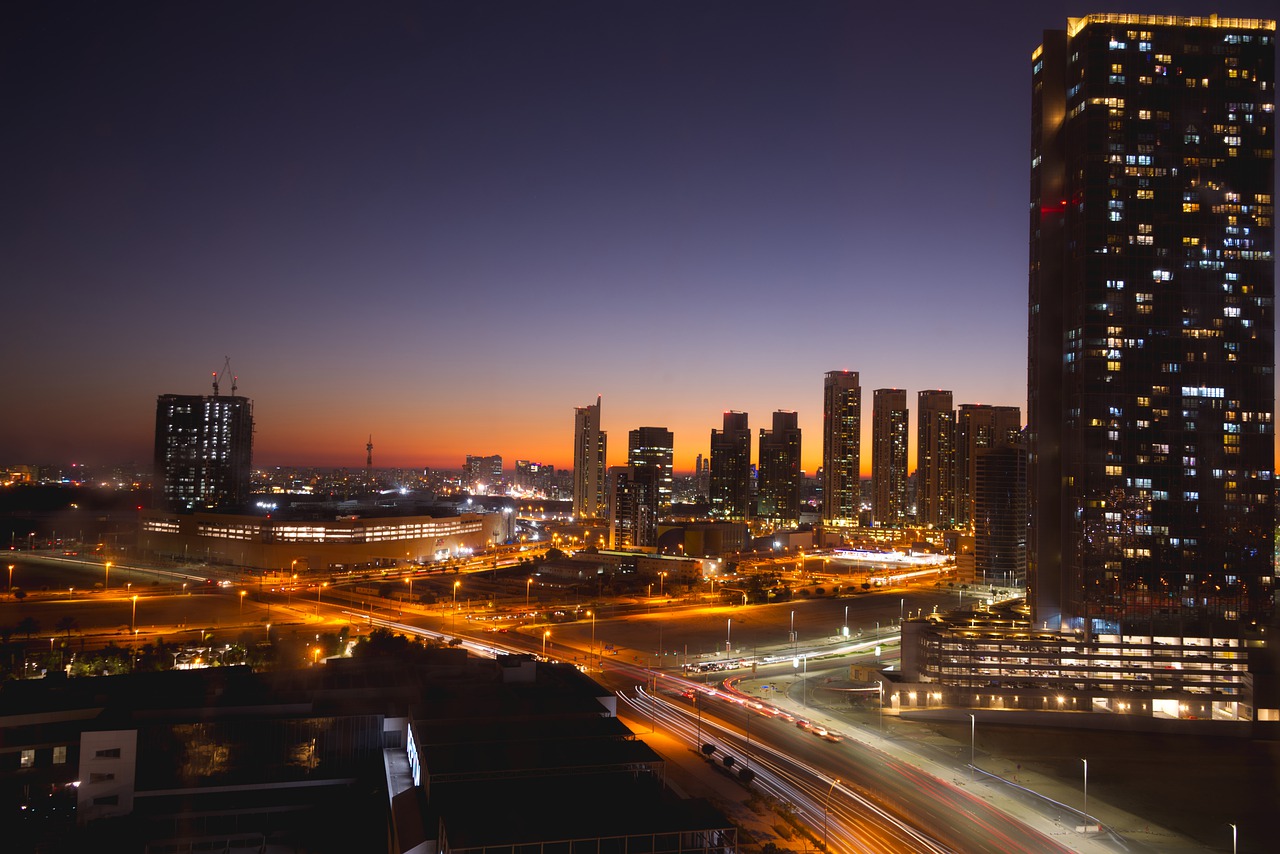The United Arab Emirates (UAE) has recorded a 4 percent increase in consumer spending within the second quarter of 2021, signaling the country's capacity to reach above pre-pandemic levels at the end of 2021. Previously, 2019 saw consumer spending increase at a 3 percent growth rate.
The positive trends across Abu Dhabi and the UAE's retail landscape, in general, are due to the robust vaccination approaches by the government and local health authorities. The region has successfully provided a thorough vaccination program to inoculate most citizens to reopen its economy as people develop higher immunity to the virus.
The retail, tourism, and aviation sectors were among the most affected due to the COVID-19 pandemic, as the countries were forced to close malls and public establishments for months to contain the spread of the virus.
However, with the UAE region possessing the highest vaccination rate globally, the economy was able to recover strongly in a relatively short period.
As a result, consumers are starting to revisit shopping malls and show higher confidence levels in shopping diverse kinds of products, as opposed to during the pandemic where they prioritize buying necessity and were hesitant to consume indulgent goods.
Abu Dhabi Consumer Spending

However, consumer behavior in Abu Dhabi continues to deviate from the pre-covid pattern, albeit some behaviors have returned to the pre-pandemic normality.
For example, the spending on fashion during 2021 is less when compared to the corresponding period in 2019. Additionally, the retail segment of the Abu Dhabi e-commerce sector has amounted to over 8 percent of the region's overall retail market in 2020.
Recently, the Abu Dhabi Department of Culture and Tourism has launched a summer campaign aiming to achieve a 56 percent year-on-year sales growth through credit cards usage, covering over 4.000 stores in the country and further supporting retail and F&B sectors previously damaged in the pandemic.
The program has involved over 30 restaurants in delivering exclusive promotions to enhance sales and encourage more physical stores visit.
In addition, the government and credit card providers have collaborated to provide incentives for consumers with a minimum amount of spending, specifically in the retail and F&B sectors. The incentives vary from prize giveaways of airline miles to dining discounts in selected establishments.
In the process, the Abu Dhabi Ministry of Economy has mandated the Consumer Protection Department to overlook any transactions arising from the program to ensure seamless and enjoyable consumer experiences, eventually encouraging Abu Dhabi consumers to enhance their spendings.
Abu Dhabi Consumer Trends
Moreover, Abu Dhabi's residential and property sectors also see signs of recovery as expatriates return to the Middle East after more than a year of online working, leaving Abu Dhabi's residential landscape empty as residents flock to their origin countries. In 2021 alone, the country's residential consumption rises to 215 percent, with a 357 percent growth in value transactions.
Looking forward, Abu Dhabi's consumer expectations would primarily shift to omnichannel experiences by combining digital solutions and physical shopping preferences as tourism-related sectors achieve complete recovery.



